Search
Search Results
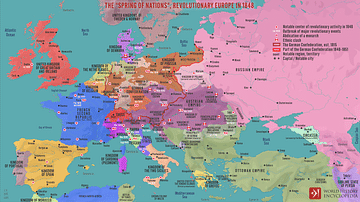
Image
The "Spring of Nations", Revolutionary Europe in 1848
A map illustrating the series of republican revolts and political upheavals against European monarchies in 1848, also known as the People's Spring or the Spring of Nations. The widespread violent unrest started in Sicily and, within a short...

Definition
Elizabeth I of England
Elizabeth I reigned as queen of England from 1558 to 1603. Her 44-year reign was so long and packed with momentous events that the second half of the 16th century is now known as the Elizabethan era and still regarded as a 'Golden Age' for...

Definition
Honoré-Gabriel Riqueti, comte de Mirabeau
Honoré-Gabriel Riqueti, comte de Mirabeau (l. 1749-1791) was a French orator and nobleman who rose to prominence as a leader during the early stages of the French Revolution (1789-1799). From the disgraced and scandalized son of a distinguished...
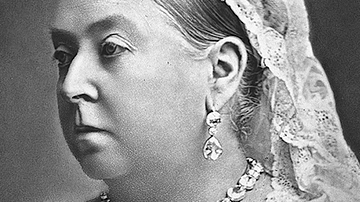
Definition
Queen Victoria
Queen Victoria of Great Britain (r. 1837-1901) was one of the most loved of all Britain's monarchs. Her longevity, devotion to her role as figurehead of an empire, and recovery from the death of her beloved husband Prince Albert won her a...
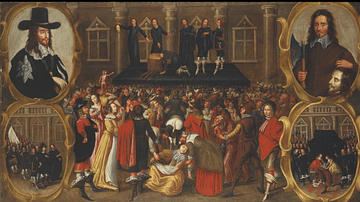
Article
Consequences of the English Civil Wars
The impact and consequences of the English Civil Wars (1642-1651) were many and far-reaching. Charles I of England (r. 1625-1649) was executed, and the monarchy was abolished. Oliver Cromwell (1599-1658) then headed the Republic as the Lord...
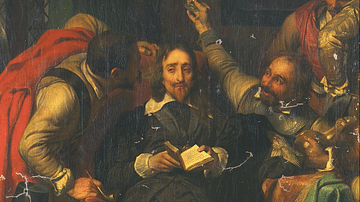
Definition
English Civil Wars
The English Civil Wars (1642-1651) witnessed a bitter conflict between Royalists ('Cavaliers') and Parliamentarians ('Roundheads'). The Royalists supported first King Charles I of England (r. 1625-1649) and then his son Charles II, while...
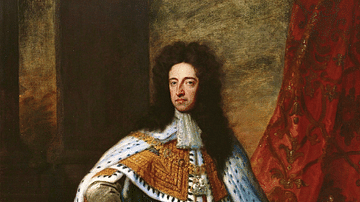
Definition
William III of England
William III of England (also William II of Scotland, r. 1689-1702) became king of England, Scotland, and Ireland after the Glorious Revolution of 1688. Protestant William, Prince of Orange, was invited to rule jointly with his wife Mary II...
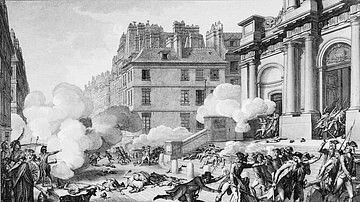
Definition
13 Vendémiaire
The Revolt of 13 Vendémiaire Year IV (5 October 1795) was a royalist uprising in Paris during the French Revolution (1789-1799). In response to the anti-royalist policies of the Thermidorian Reaction, 25,000 Parisians rose in revolt but were...
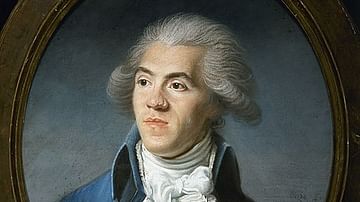
Definition
Antoine Barnave
Antoine Pierre Joseph Marie Barnave (1761-1793) was a French lawyer, politician, and one of the most influential orators of the early stage of the French Revolution (1789-1799). He is notable for being a champion of constitutional monarchy...
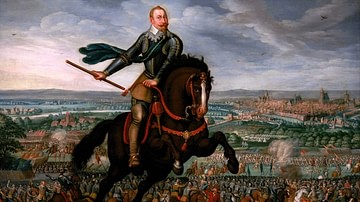
Definition
Gustavus Adolphus
Gustavus Adolphus (l. 1594-1632; r. 1611-1632) was the King of Sweden who elevated his country to a major power in the 17th century. He also is traditionally recognized as the "Father of Modern Warfare" for his military innovations and his...